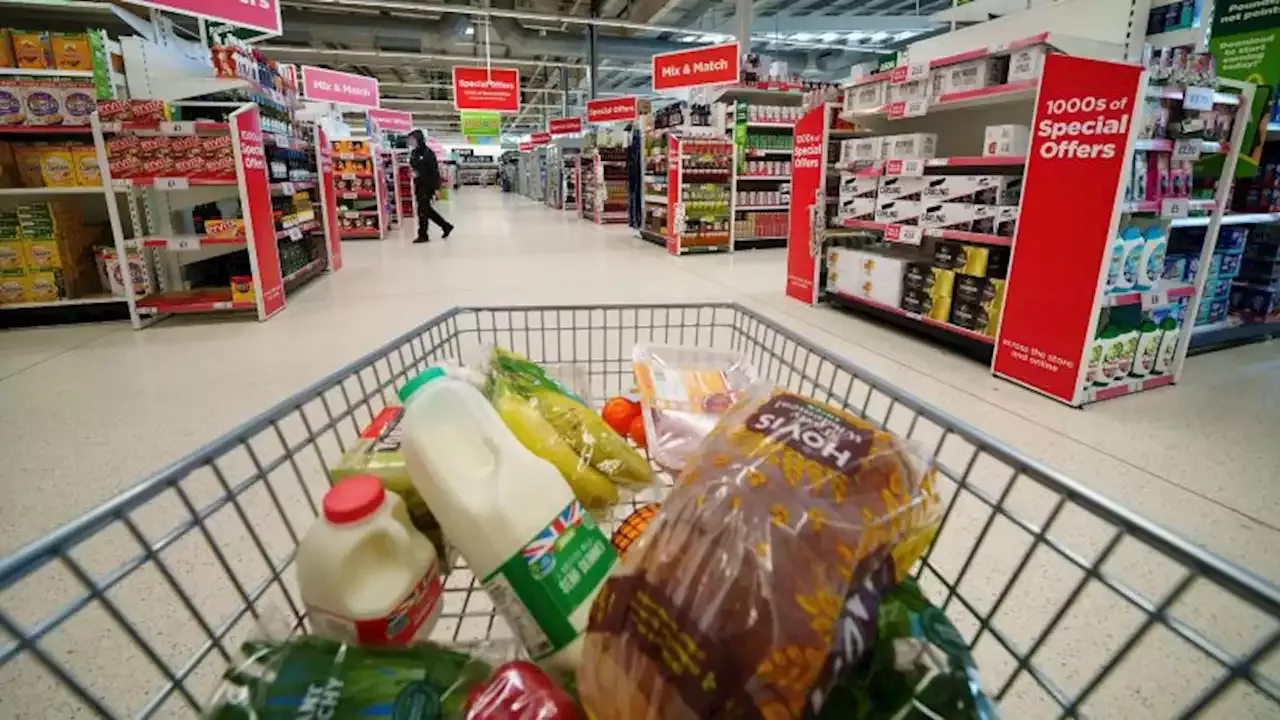Consumer prices rose 10.1% last month compared with a year ago, down only slightly from 10.4% in February, the Office for National Statistics said Wednesday. A decline in the cost of motor fuels was offset by a sharp increase in food prices, which rose 19.2% through the year to March — the highest rate in more than 45 years. And at 19.4%, bread and cereals notched the highest annual rate of inflation since records began in 1989, the ONS said.
Also, some euro area governments “capped prices sooner and by more than in the UK,” said Gregory. Tight jobs market UK inflation has also been sustained by low unemployment and worker shortages, which have led to robust wage growth, even though pay rises have not kept pace with surging prices. Year-on-year growth in regular pay, which excludes bonuses, was 6.6% in the three months to February 2023, ONS data showed Tuesday. By comparison, average hourly earnings in the United States increased 4.
Monthly inflation increases are LAPPING last year's increases now, so 10% in March 2023 is really about 20% since March 2021.
